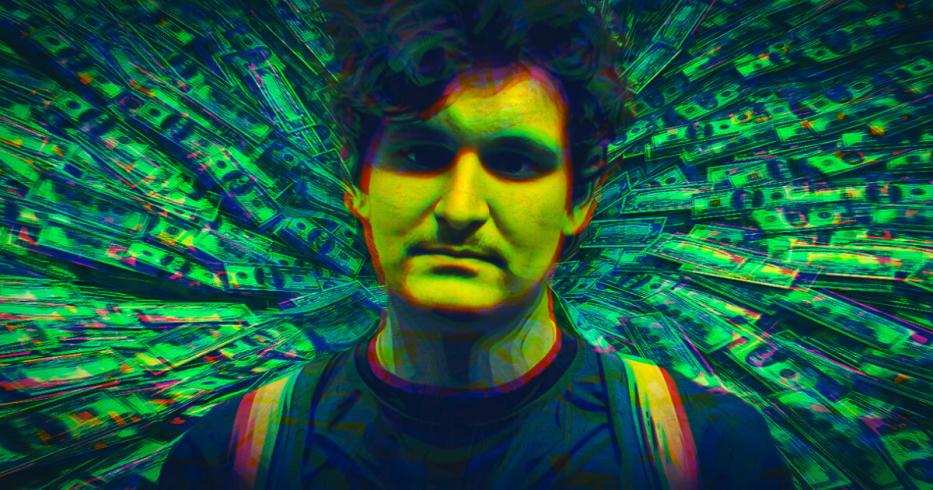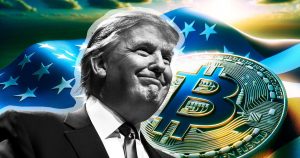Sam Bankman-Fried Addresses Lawyer Change Amid Conflict of Interest Concerns

The Heart of the Matter
The Change in Legal Representation
Bankman-Fried’s decision to switch lawyers is not just a simple change of counsel but a response to mounting concerns over conflicts of interest within his legal team. The move signifies a strategic shift as he navigates through the legal complexities surrounding the FTX saga.
Addressing Conflict of Interest Concerns
The concerns about conflicts of interest are significant in the legal world, especially in high-profile cases like Bankman-Fried’s. These concerns often arise when a lawyer’s ability to fully represent their client is compromised by other interests. Bankman-Fried’s proactive approach in changing his legal team reflects an attempt to mitigate these concerns and ensure a robust defense.
Implications for Legal Proceedings
A Focus on Transparency and Ethics
This change highlights the importance of transparency and ethics in legal representation, especially in cases that have captured public interest. It sets a precedent for how conflicts of interest should be addressed, not just in the crypto world but across all sectors.
Potential Impact on Legal Strategy
Switching lawyers can lead to shifts in legal strategy, possibly affecting the course of Bankman-Fried’s defense. With new legal minds at the helm, there could be fresh approaches to tackling the allegations against him and FTX.
What This Means for the Crypto Industry
A Signal of Accountability
In the wake of FTX’s collapse, the crypto industry has been under a microscope, with calls for greater accountability and transparency. Bankman-Fried’s move could be seen as a step towards addressing these demands, signaling a commitment to ethical standards.
Implications for Investor Confidence
Investor confidence has been shaken by the events surrounding FTX. By addressing potential legal conflicts head-on, there’s an opportunity to restore faith in the integrity of crypto entrepreneurs and their operations.
Looking Ahead: The Road to Redemption?
Navigating Legal and Public Opinion Challenges
The path forward for Bankman-Fried is fraught with both legal challenges and the daunting task of rebuilding his reputation. How he and his new legal team manage these issues will be crucial in determining his future in the crypto space and beyond.
The Broader Impact on Cryptocurrency Regulation
This situation underscores the need for clearer regulations and stronger governance structures in the cryptocurrency industry. It could prompt regulators to take a closer look at how crypto businesses are run and how they can protect investors from similar incidents in the future.
Conclusion
Sam Bankman-Fried’s decision to change lawyers amid conflict of interest concerns is a pivotal moment in the unfolding FTX narrative. It reflects a broader conversation about ethics, accountability, and the future of cryptocurrency regulation. As the legal proceedings progress, the crypto community will be watching closely, hoping for resolutions that not only address the immediate issues but also pave the way for a more stable and transparent industry.
FAQs
- Why did Sam Bankman-Fried change his lawyers?
- He changed his legal team to address concerns over potential conflicts of interest, aiming to ensure a fair and uncompromised defense.
- What are conflicts of interest in legal representation?
- They occur when a lawyer’s ability to represent their client is hindered by competing interests or relationships.
- How does changing lawyers affect Bankman-Fried’s defense?
- It could lead to new legal strategies and perspectives in his defense against allegations related to FTX’s collapse.
- What does this mean for the crypto industry?
- It signals a move towards greater ethical standards and could influence how conflicts of interest are managed in the future.
- Can this situation impact cryptocurrency regulation?
- Yes, it highlights the need for clearer regulations and may prompt regulators to enforce stricter governance and transparency standards.





